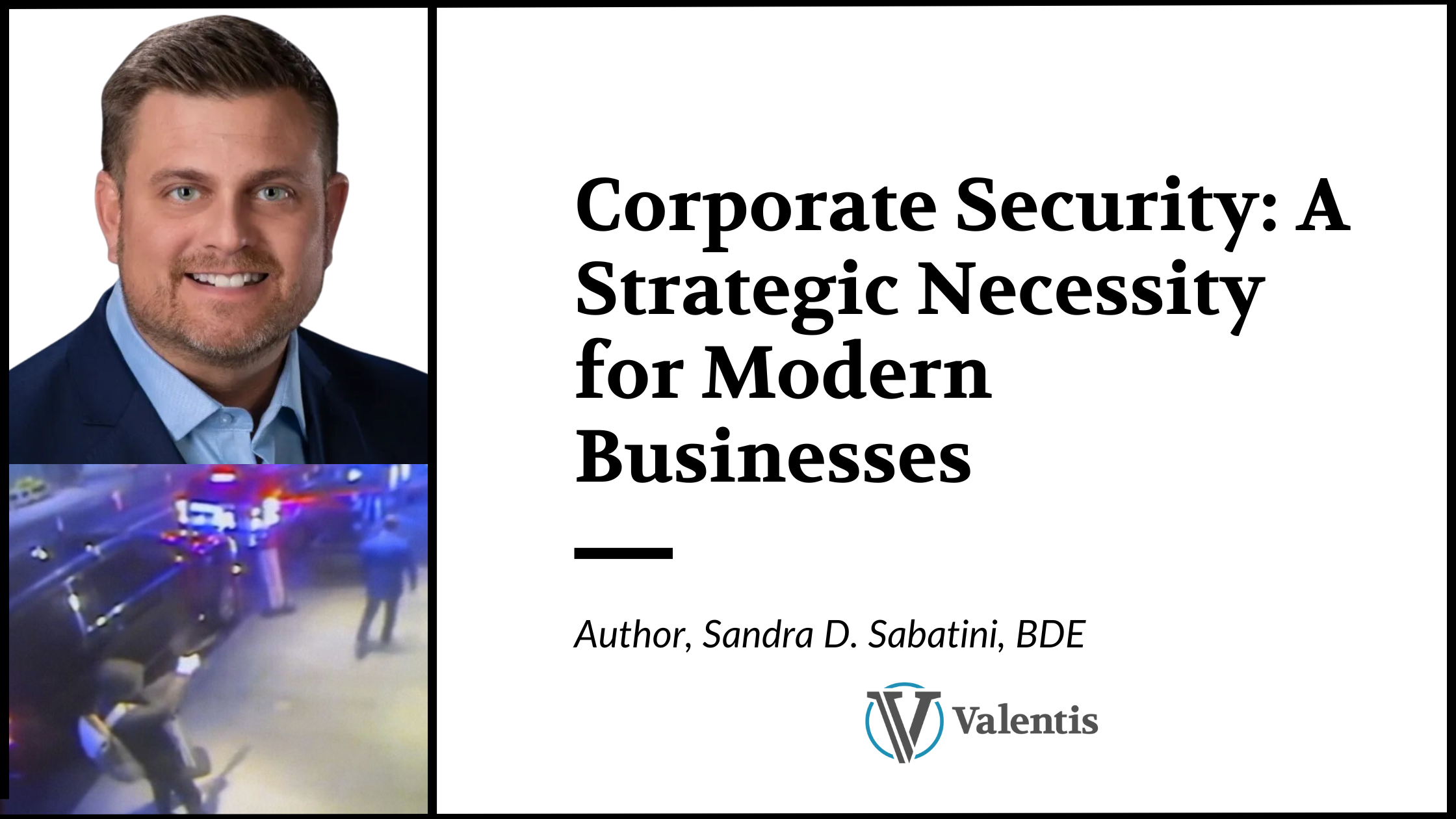Small Business Fraud: How to protect your business from becoming a victim
April 13, 2022
Small businesses face unique challenges in the fight against fraud. The overall impact of loss for businesses with fewer than one hundred employees is much greater than the relative impact of loss within large corporations. The Association of Certified Fraud Examiners (ACFE), 2020 Report to the Nations figure identifies the frequency of different types of fraud schemes in small businesses. Billing schemes occurred at almost twice the rate in small businesses compared to larger organizations, as well as check and payment tampering that occurred nearly four times more in small businesses, however, in larger companies, and in contrast, corruption and noncash schemes occurred more frequently. The average small business median loss in 2020 was estimated at $400,000, of which 28% of cases resulted in civil litigation and 76% of the cases were a result of employee fraud (Case Studies, 2020 ACFE Report to the Nations, p.55). Recovering fraud losses is the key concern once fraud has been detected, however, by investing in and ensuring your business has sufficient fraud detection and deterrence measures in place, small business owners will greatly reduce the risk of fraud occurrences.
What is fraud and how is it carried out?
“Fraud” is knowingly misrepresenting the truth. or concealment of a material fact, to induce another to act to his or her detriment. The most widely accepted explanation for why people commit fraud can be centered around three categories: Financial Pressure, Rationalization, and Opportunity. The manner in which fraud is carried out can vary depending on the type of business being conducted, however, most occurrences are centered around document alterations, intentional misreporting of financial statements, and cash theft. There are five essential elements that constitute fraud:
- A misrepresentation of a material fact.
- Knowledge of falsehood.
- Intent to deceive.
- Reasonable reliance by the victim.
- Actual loss or injury suffered.
A person or business that believes they have been the victim of fraud should seek the expertise of a qualified fraud examiner or attorney.
How can I detect and prevent fraud in my business?
The best way to protect your business from becoming a victim of fraud is to minimize your company’s risk. A lack of internal controls, the ability to override existing controls, and lack of management review are weaknesses that expose your business to fraudsters. Small businesses are exceptionally vulnerable to fraud due to the lack of checks and balances, a generally informal business model nature, and limited number of staff members that results in loss of company oversight. It is important to set up policies and procedures that validate adherence to anti-fraud policies and can detect and deter fraud within your business. Anti-fraud policies should establish a foundation for work practices that have clear written procedures and consequences, and one that divide key responsibilities to ensure those much needed checks and balances. Providing an anonymous outlet for employees to report fraud, implementing internal or surprise audits, efficient hiring and background checks, policies for cash and receivables accounting, as well as inventory handling and tracking are a few steps all small businesses should take to protect their business from fraud.
IF YOU BELIEVE YOU ARE A VICTIM OF BUSINESS FRAUD, OR WANT TO LEARN MORE ABOUT FRAUD PREVENTION FOR YOUR BUSINESS, CONTACT VALENTIS TODAY.
Related Articles
April 13, 2022




